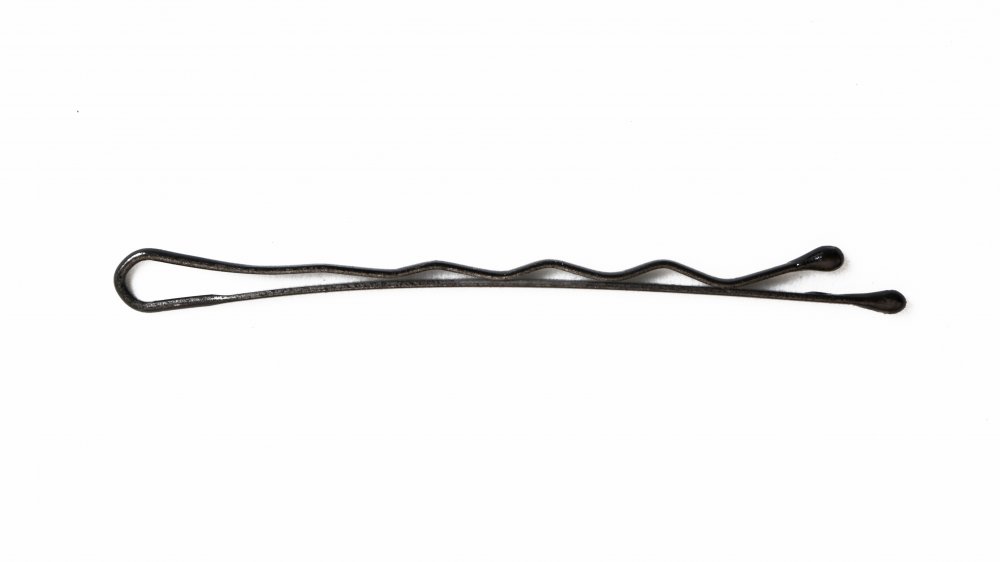Connect with a verified veterinarian in minutes. Licensed vets are available 24/7 to answer your questions. No need to worry about your furry family member.
Dogs eat just about anything and everything! And we’re not exaggerating. If you’ve read stories online, then you’re familiar with the ones in the news where a tiny dog has eaten 100 socks and more! (OK—that’s not an actual story, but it gets the point across!). Dogs are also famous for eating things in the kitchen, such as vegetable oil!
Has your dog eaten vegetable oil? Are you worried the vegetable oil will make your dog sick? If so, then you’ve come to the right place. We know it’s scary when your dog eats something he shouldn’t.
In this article, we’ll take a look at vegetable oil and whether or not it can make your dog sick. Let’s get started!
What is Vegetable Oil?
Vegetable oil is made from various types of plants and vegetables. You’ll notice all the different varieties of vegetable oil at the grocery store. There’s cottonseed oil, olive, canola, palm, safflower, sunflower, and more. Oil made from veggies is used to help cook the food we eat, as well as add flavor and even texture to our food.
Each type of oil is slightly different. Did you know that there are differences in the amount of oleic acid and other substances in each oil? What’s more, some oils are naturally free of saturated fat, while others have moderate or high levels of fat.
Humans have safely been using vegetable and other types of cooking oil for thousands of years. However, what about dogs? Yes, they don’t cook! But can a dog safely eat vegetable oil?
Vegetable Oil & Dogs
The good news is that vegetable oil isn’t toxic to dogs. However, it can still make them sick. If your canine companion has had one or two licks of vegetable oil, he should be OK. On the other hand, if your dog has eaten more oil, then he could become sick.
The issue is that too much fat can cause a dog to develop pancreatitis. This is a condition where the pancreas becomes irritated and inflamed. Pancreatitis can be severe, even leading to organ damage and death and requires prompt treatment from your vet.

Review symptoms, medications & behavior to keep your pets healthy with a Vet Online in just minutes.
Ask a Vet Live NowWhat is the Pancreatitis?
The pancreas is an important organ found on the right side of your dog’s abdomen, near the stomach. The pancreas produces enzymes that help digest food and hormones (like insulin) that regulate blood sugar. The hormones go into the bloodstream, while the digestive enzymes enter the small intestine.
During pancreatitis, the pancreas becomes inflamed and causes digestive enzymes to enter the abdominal cavity, causing damage to the organs there (including the liver, bile ducts, gall bladder, and intestines). A dog experiencing this condition can be in immense pain, depending on whether he has a mild case or more severe form of pancreatitis.
Symptoms of Pancreatitis in Dogs
You may notice these symptoms after your dog has eaten vegetable oil:
- Nausea
- Vomiting
- Diarrhea
- Lethargy
- Abdominal pain & swelling
- Dehydration
- Fever
- Loss of appetite
If your dog is showing any of these symptoms after eating vegetable oil, then call the vet right away. This may be an emergency.
How is Pancreatitis Treated?
The vet may first do some blood tests; these may show signs of elevated white cell numbers or pancreatic enzymes. They may also order an ultrasound to see if the pancreas is inflamed, and other tests.
Mild pancreatitis may be treated by supporting the pancreas. The dog’s body is allowed to heal itself. During this time, it may be necessary to withhold food for a few days (as directed by the vet). Some dogs may be put on a low-fat diet during their recovery.
Pain management can be treated with analgesics prescribed by the vet. It’s also possible a dog may need intravenous fluids to keep him hydrated and his electrolytes in balance. Antibiotics are given if the dog also has a bacterial infection.
Some dogs may need to be hospitalized for a few days. During this time, the vet may re-introduce food as the dog’s symptoms subside.
More intensive treatment is required for dogs that have a more severe form of this condition called hemorrhagic pancreatitis.
Pancreatitis is a painful condition and can lead to other problems, so it’s best to see the vet right away. You and your dog will be happier and feel better for it!
Connect with a verified veterinarian in minutes. Licensed vets are available 24/7 to answer your questions. No need to worry about your furry family member.

Aisling O'Keeffe, MVB CertSAM ISFMCertAdvFB
This article has been reviewed and approved by an independent Veterinarian: Aisling qualified as a vet 7 years ago from University College Dublin. She has worked in a mixture of UK small animal hospitals along with Irish practices. She worked for 3 years in a feline-only hospital where she further developed her feline medicine and surgery skills. She currently lives and works in a small animal hospital in Cork, Ireland.
Review symptoms, medications & behavior to keep your pets healthy with a Vet Online in just minutes.
Ask a Vet Live Now






